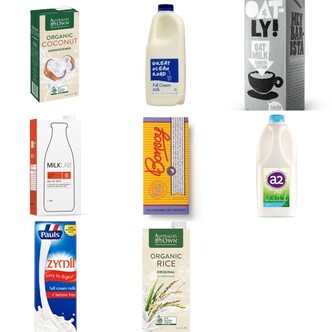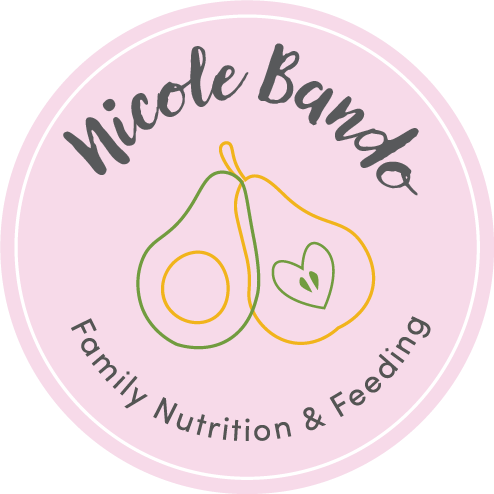Nicole Bando | Dietitian & Lactation Consultant
Search by typing & pressing enter
Search by typing & pressing enter
Search by typing & pressing enter
Nutrition and Breastfeeding Articles

‘It is hard to know what to believe with so much conflicting nutrition
information. I provide you with the latest evidence-based facts.’
Categories


By Nicole Bando, Dietitian & Lactation Consultant
Cow’s milk: an excellent source of protein, calcium, phosphorous, magnesium, Vitamin A & 12, lactose, zinc. Choose full cream, 3.8% fat (unless you have diabetes, high cholesterol, heart disease or would like to lose weight, then opt for low-fat or skim (0.15-1.5% fat)
Lactose free cow’s milk: A good option for those who lack the enzyme needed to digest the natural sugar in milk, lactose.
A2 milk: Cow’s milk contains A1 & A2 proteins and a couple of studies suggested that the A1 protein increased gut inflammation, some cows have been bred to produce only A2 protein milk. Larger studies did not support this earlier finding and there is no proven benefit to drinking A2 milk. For some who experience digestive discomfort, it may be worth a try. For the rest of us, at double the price, there is no benefit.
Soy: The most similar nutritionally to cow’s milk and the best choice if opting for plant-based unless you have a soy allergy. A good source of protein, look for a soy milk with added calcium, Vitamins A, B1, B2, B12. Lactose, gluten free.
Almond: Low in protein, carbohydrates and calories. If allergic to dairy or soy, choose an unsweetened brand with added calcium. Lactose, gluten free.
Rice: high in quick release carbohydrates, low in protein, vitamins and minerals. Lactose, gluten free.
Oat: Contains some protein, fibre, look for unsweetened varieties with added calcium & Vitamin B12. Not gluten free. Next best option after cow’s and soy milks.
Coconut: High in saturated fat, low in all nutrients, including protein, vitamins and minerals and carbohydrates. Drink occasionally for the flavour in smoothies (choose unsweetened with added calcium) or curries. *If going plant-based, look for milks with added calcium (100mg per 100mls). *If your child has an allergy to dairy or soy, seek advice from a paediatric dietitian to ensure adequate nutrition for growth.
